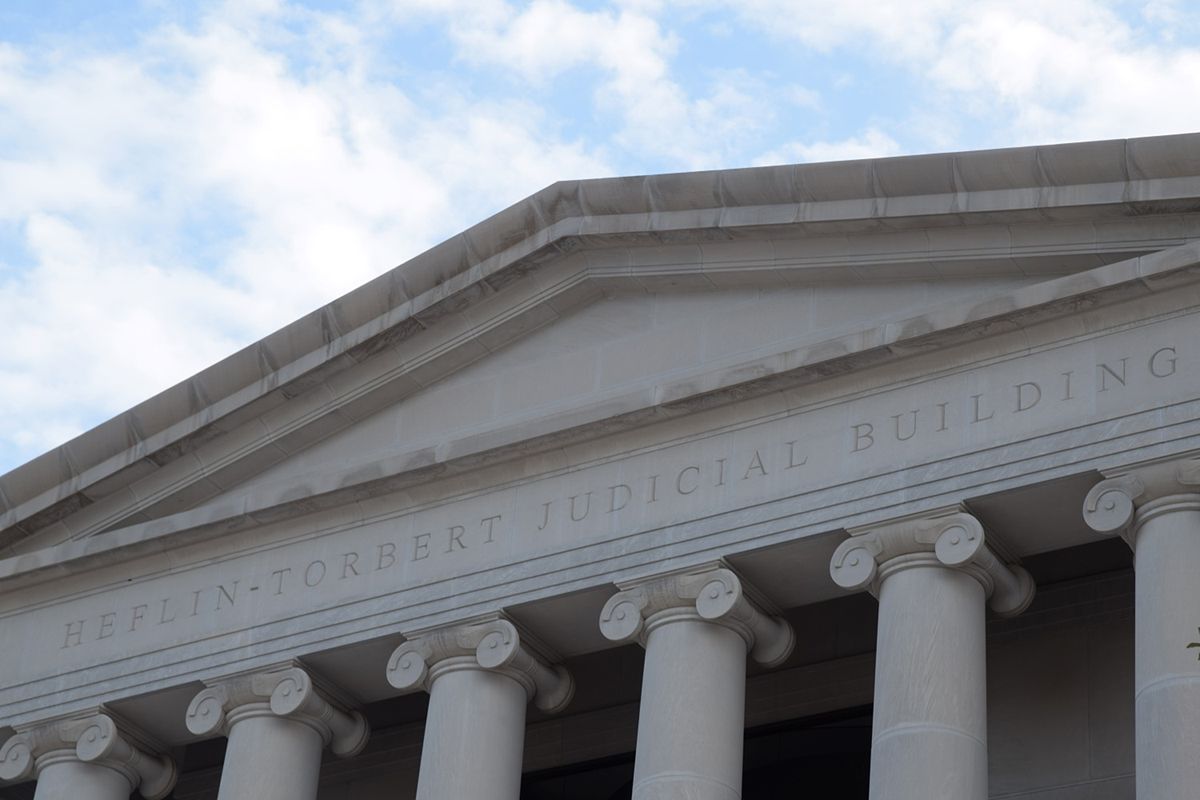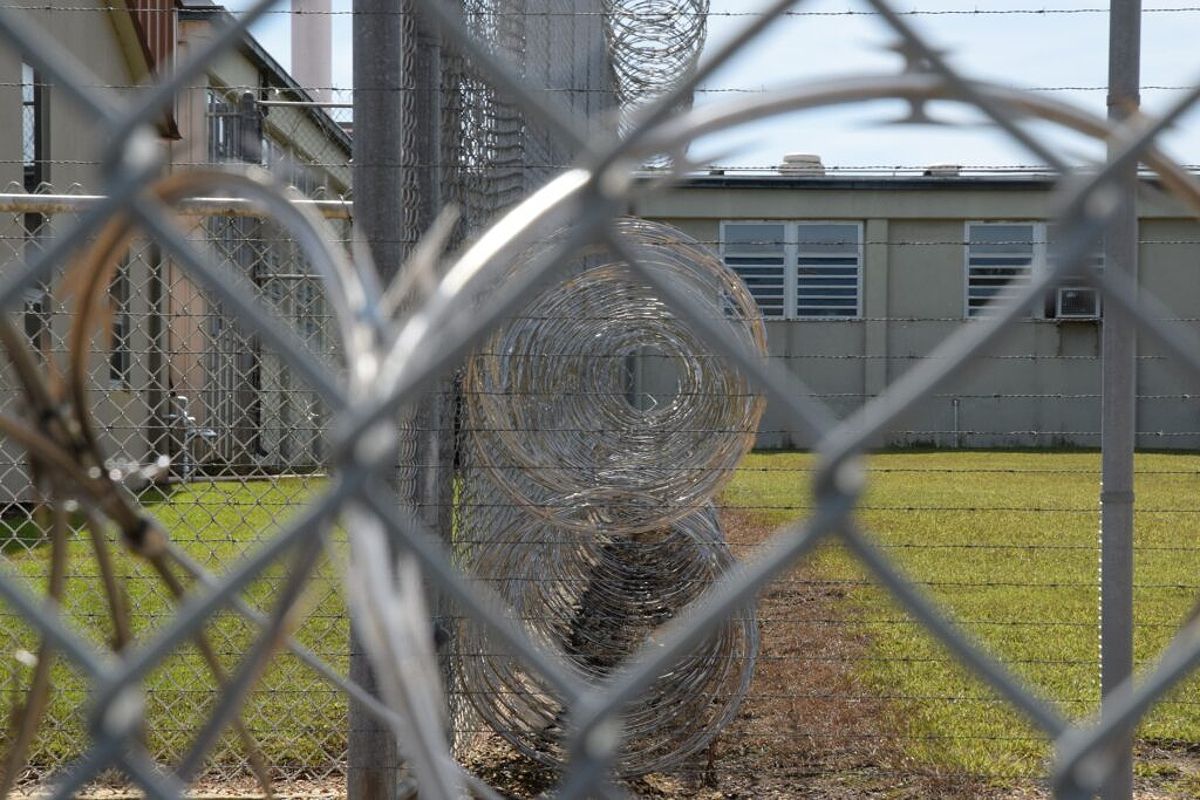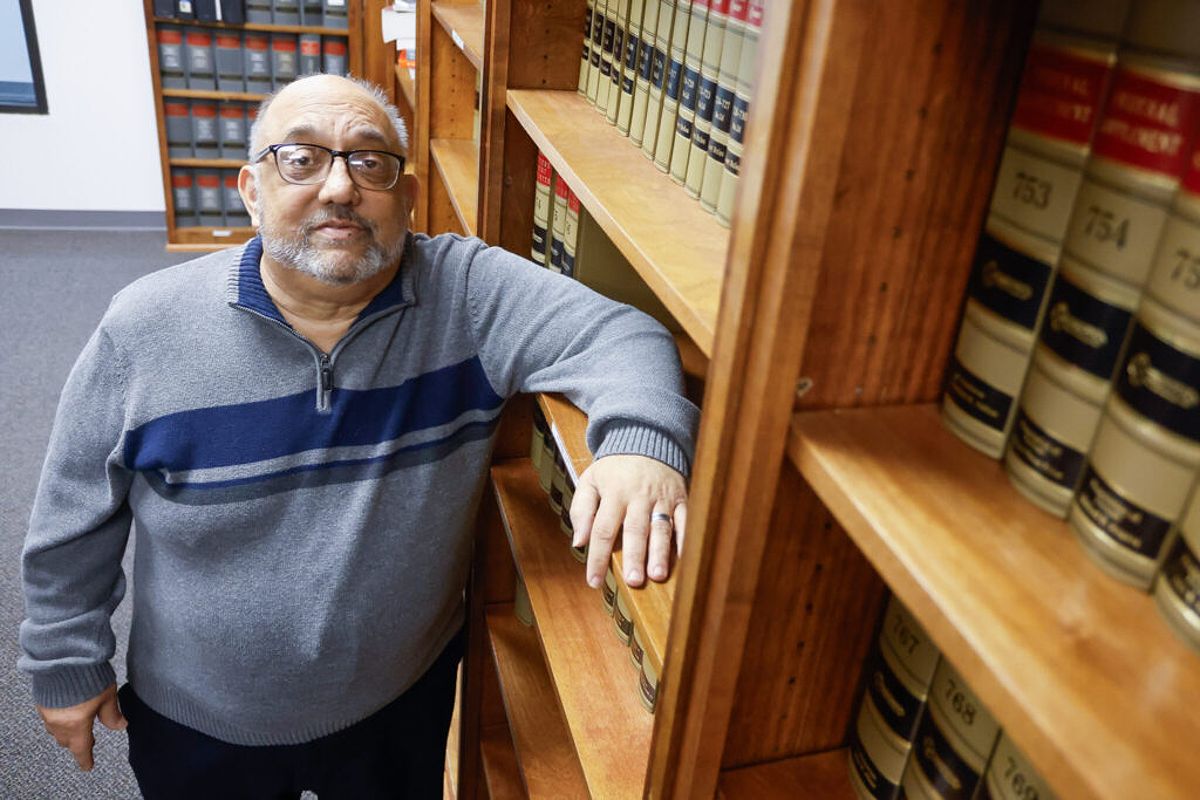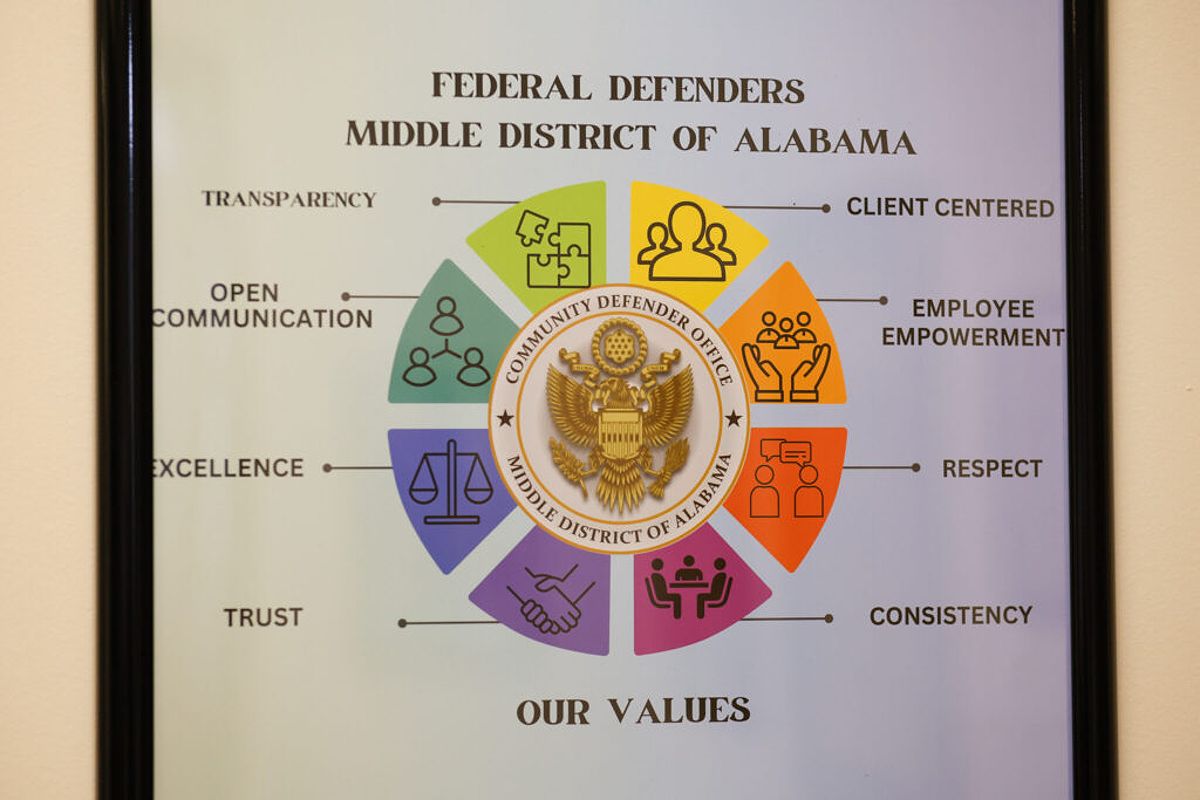Alabama’s Rule 32 process denies death row inmates the right to legal representation, hindering their ability to raise constitutional issues and seek justice. This article explores the challenges faced by inmates and the need for reforms in the post-conviction proceedings.
The Importance of Rule 32 for Death Row Inmates
Rule 32 hearings provide the only opportunity for death row inmates in Alabama to raise constitutional issues that were not addressed during their trial. These hearings are crucial as they allow defendants to question the fairness of their death sentence and present arguments related to jurisdiction, juror selection, and the presentation of evidence. The quality of arguments presented by their attorney during the Rule 32 hearing often determines the strength of their appeal.

( Credit to: Stateline )
However, unlike other states, Alabama does not recognize the right for death row inmates to have an attorney during the Rule 32 petition application. This lack of legal representation poses significant challenges for inmates seeking justice. Without an attorney, inmates are burdened with the overwhelming task of understanding complex legal issues, conducting investigations into their own cases, and meeting strict filing deadlines.

( Credit to: Stateline )
Access to legal counsel who can navigate these legal issues and perform the necessary legwork is crucial for inmates to have a fair chance at presenting their claims effectively during the Rule 32 process.
Challenges Faced by Death Row Inmates in Alabama
Alabama’s refusal to provide automatic legal representation during the post-conviction process severely hampers death row prisoners’ ability to investigate and present their claims. While Nebraska is the only other state without this provision, Alabama’s significantly larger death row population exacerbates the issue.

( Credit to: Stateline )
Nonprofit organizations and human rights groups, such as the Equal Justice Initiative and the American Bar Association Death Penalty Representation Project, have been left to search for pro bono attorneys from outside the state. However, even this solution is flawed, as outside counsel faces additional challenges in understanding Alabama’s laws and logistics.

( Credit to: Stateline )
The case of Cory Maples highlights the inadequacy of Alabama’s post-conviction process. Maples, represented by inexperienced and underfunded attorneys, had his post-conviction petition denied without his knowledge. The missed deadline devastated Maples’ chances for continuing the appeals process. It took a decade of federal court battles before Maples finally received a new sentencing trial.
The Impact of SB 187 on Death Row Inmates
In recent years, Alabama has further complicated the post-conviction process through the passage of SB 187. This law imposed stricter time limits for filing Rule 32 petitions, capped attorney compensation at $7,500, and forced defense attorneys to juggle multiple deadlines. These changes have added more hurdles for inmates and their legal counsel, making it increasingly difficult to navigate the appeals process effectively.
The Uphill Battle for Inmates Seeking Justice
The appeals process in Alabama heavily favors the state, and strict procedural requirements often overshadow the merits of an inmate’s claim. Defense attorneys must meticulously meet filing deadlines and overcome the presumption that everything went smoothly during the original trial. This requires extensive investigations, including reviewing records and interviewing witnesses. However, inmates lack the resources and expertise to carry out these tasks effectively.
Efforts have been made by organizations like the Equal Justice Initiative and the American Bar Association to recruit attorneys from large law firms to represent inmates pro bono. However, the shortage of qualified attorneys and the limited financial compensation provided by the state present significant obstacles to securing proper legal representation.
Conclusion: Reforming Alabama’s Post-Conviction Process
Alabama’s denial of automatic legal representation during the Rule 32 process severely hampers the ability of death row inmates to seek justice. Inmates face numerous challenges, including understanding complex legal issues, conducting investigations, and meeting strict filing deadlines. The state’s reliance on outside attorneys and the lack of funding for proper representation further exacerbate these issues. Reforms are necessary to ensure fair and effective post-conviction proceedings for individuals facing the ultimate punishment.
